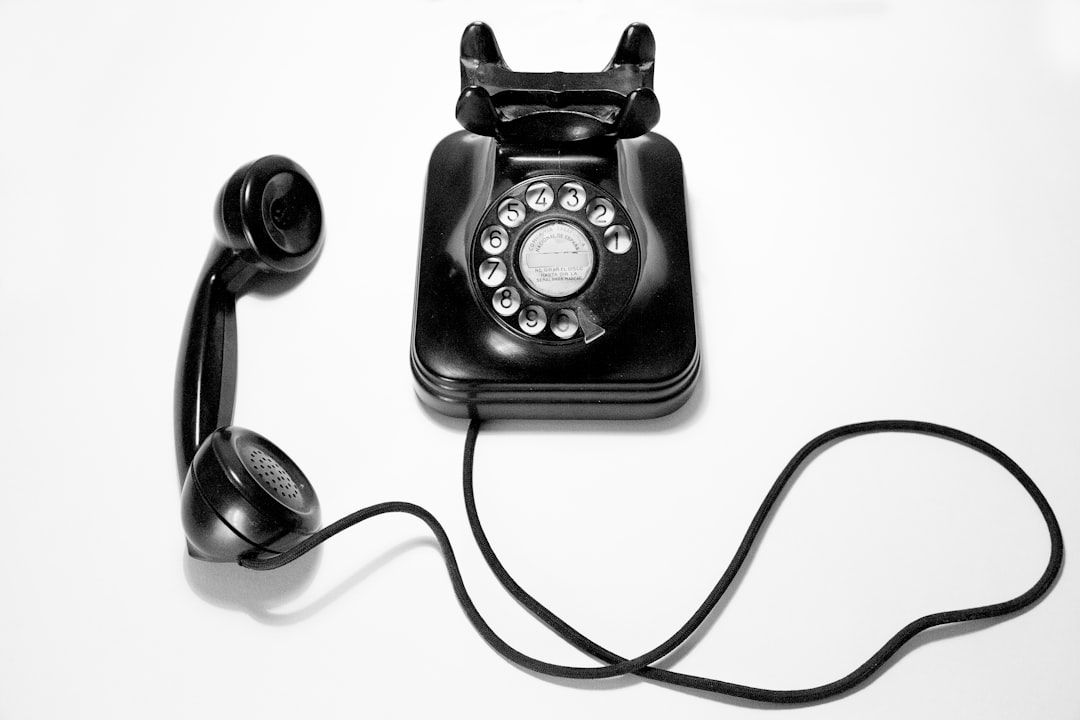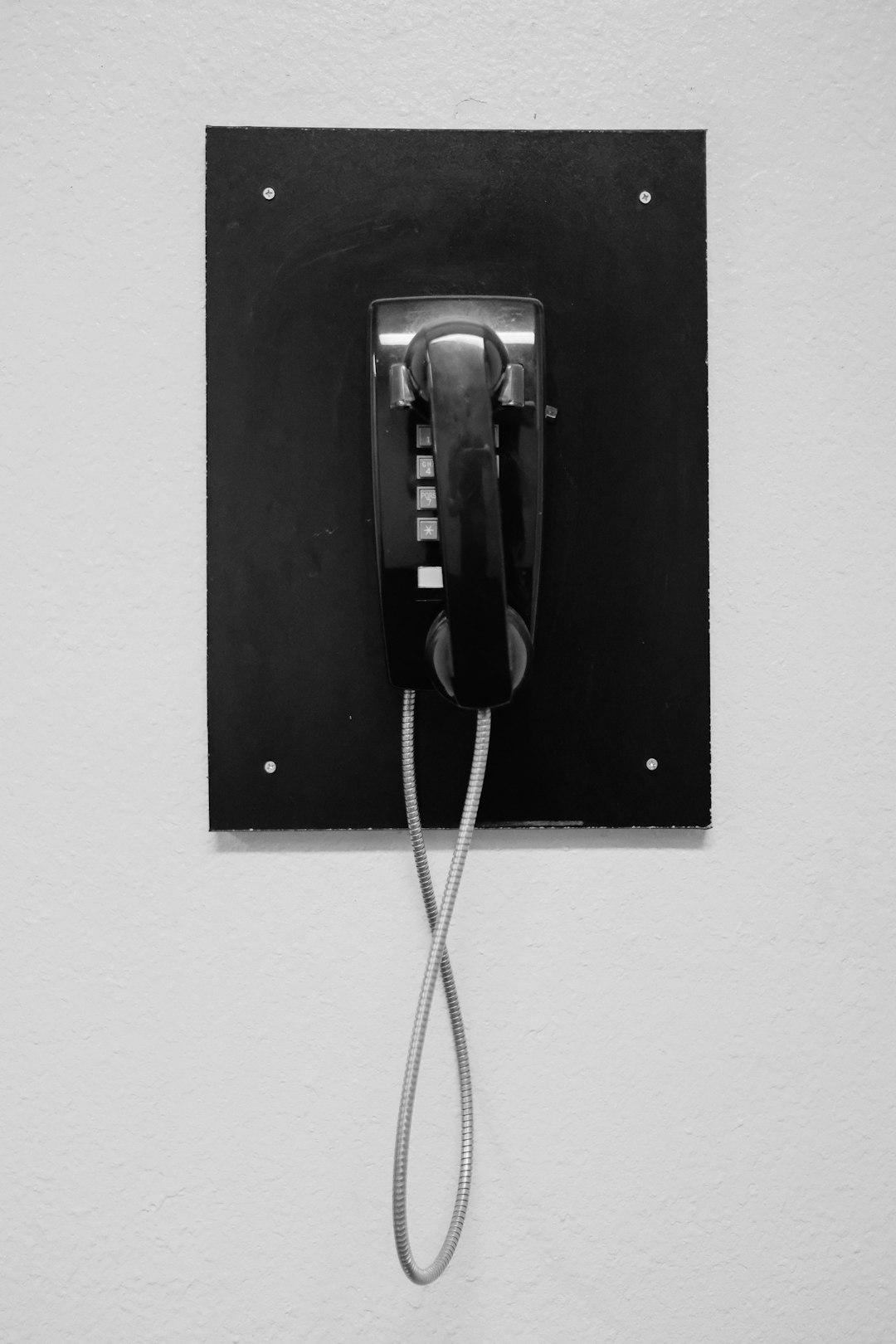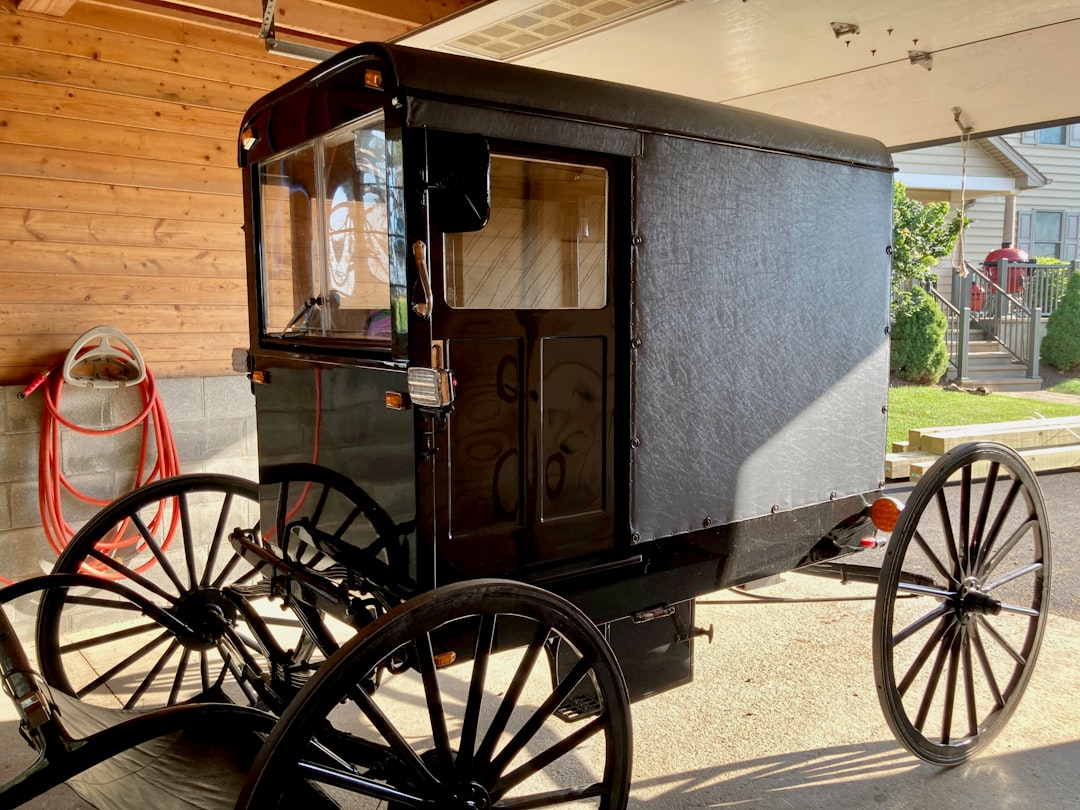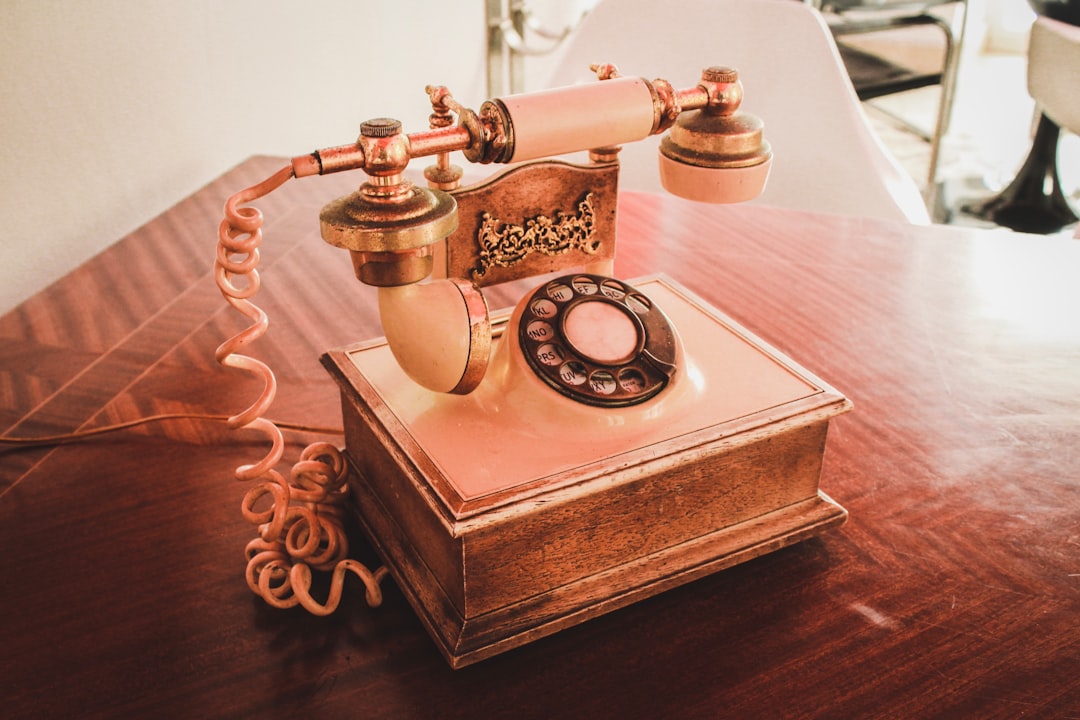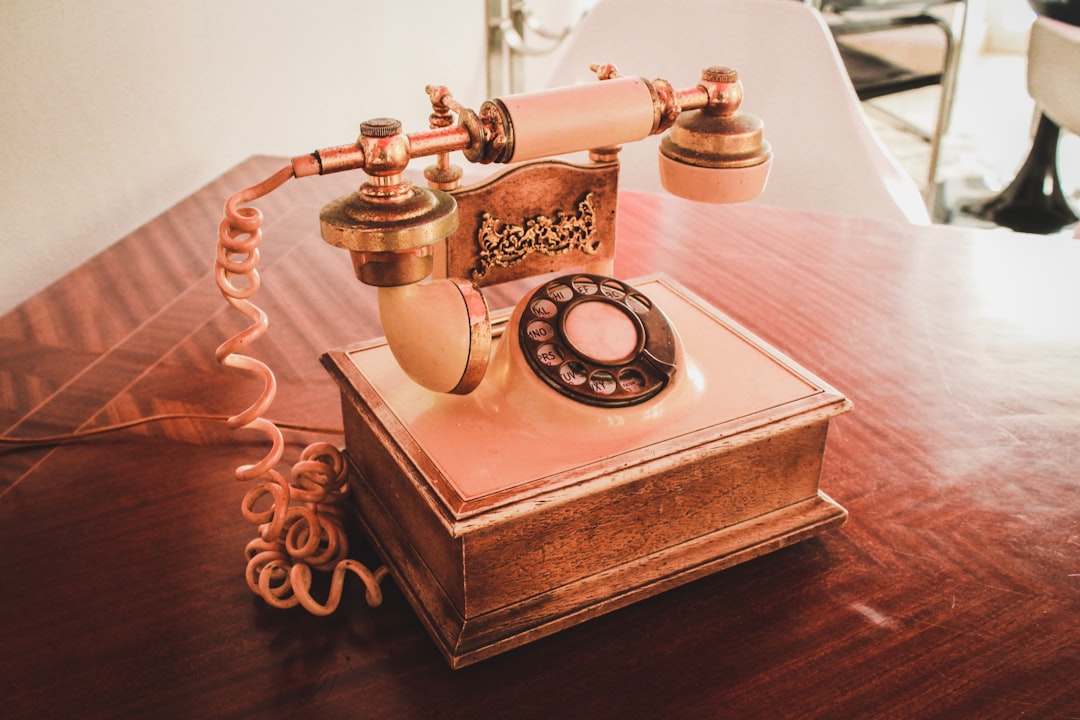In Pennsylvania, the Telephone Consumer Protection Act (TCPA) restricts automated phone calls unless prior express consent is obtained. Specialized TCPA lawyers and attorneys in PA help individuals and businesses comply with these regulations to avoid penalties. They provide guidance on legitimate marketing practices, consent acquisition, record-keeping, and respecting consumer opt-out choices. Hiring a TCPA lawyer or attorney in PA can protect your rights against unwanted automated calls and assist in legal disputes related to TCPA violations.
In Pennsylvania, challenging autodialer use without express permission is crucial under the Telephone Consumer Protection Act (TCPA). This act, enforced by strict regulations, safeguards consumers from unsolicited automated calls. This article guides you through navigating the TCPA’s complexities in PA, clarifying when autodialing is permissible and offering practical strategies to challenge unwanted autodialer calls. For expert advice, connect with a reputable TCPA lawyer or attorney at a trusted PA law firm specializing in TCPA laws.
- Understanding the TCPA and Its Regulations in Pennsylvania
- When Is Autodialing Permissible? A Legal Perspective
- Strategies to Challenge Unwanted Autodialer Calls: PA-Specific Guidance
Understanding the TCPA and Its Regulations in Pennsylvania
In Pennsylvania, the Telephone Consumer Protection Act (TCPA) plays a pivotal role in regulating autodialer usage and consumer privacy. This federal law, enforced by the Federal Communications Commission (FCC), aims to curb unsolicited telephone marketing calls, also known as robocalls, and protect consumers from intrusive communication practices. The TCPA prohibits automated or prerecorded calls to wireless and landline phones unless the caller has obtained prior express consent from the recipient.
Pennsylvania’s TCPA lawyer and attorney communities specialize in navigating these complex regulations. They assist individuals and businesses in understanding their rights and responsibilities under the TCPA, ensuring compliance to avoid hefty fines and penalties. A reputable TCPA law firm in PA can provide guidance on best practices for legitimate marketing calls, including obtaining explicit consent, maintaining accurate call records, and respecting consumer choices to opt-out of future communications.
When Is Autodialing Permissible? A Legal Perspective
In Pennsylvania, the use of autodialers—software that automatically dials phone numbers—is regulated by the Telephone Consumer Protection Act (TCPA). This federal law, enforced by the Federal Communications Commission (FCC), sets strict guidelines on when businesses can contact consumers via automated means. Generally, companies must obtain express permission from individuals before using autodialers to place calls. Express permission means a clear and explicit statement or consent from the consumer, such as checking a box during sign-up or providing verbal agreement over the phone.
There are, however, limited exceptions where autodialing is permissible without prior consent. For instance, certain types of messages from government agencies, non-profit organizations, or companies with established business relationships—based on prior interactions—are exempt. TCPA lawyers in Pennsylvania can provide guidance on navigating these legal complexities and ensuring compliance to avoid costly penalties. They assist clients in understanding when autodialing is appropriate, help draft consent forms, and represent them in case of any legal disputes related to TCPA violations.
Strategies to Challenge Unwanted Autodialer Calls: PA-Specific Guidance
In Pennsylvania, challenging autodialer use without express permission is a serious matter governed by the Telephone Consumer Protection Act (TCPA). Individuals receiving unwanted automated calls can take several strategic steps to protect their rights. A TCPA lawyer or attorney in PA specializing in this area can provide crucial guidance on navigating these issues. They can assist in understanding the legal framework, including how to identify violators and what remedies are available under the TCPA law firm’s expertise.
For instance, a TCPA attorney PA can help with documenting and preserving evidence of the calls, such as call logs and recordings, which are essential for building a strong case. They can also guide individuals on how to send cease-and-desist letters or file legal actions against companies engaging in autodialing without permission. Additionally, staying informed about recent TCPA lawsuits and regulatory updates specific to PA can empower citizens to challenge such practices effectively.
